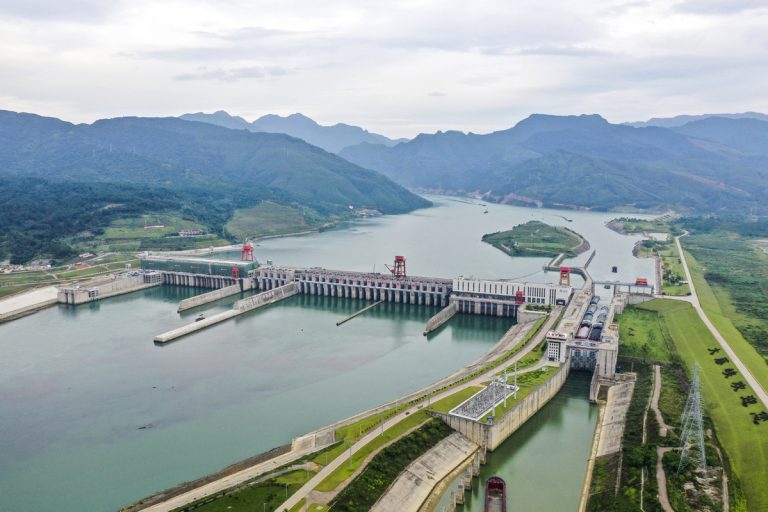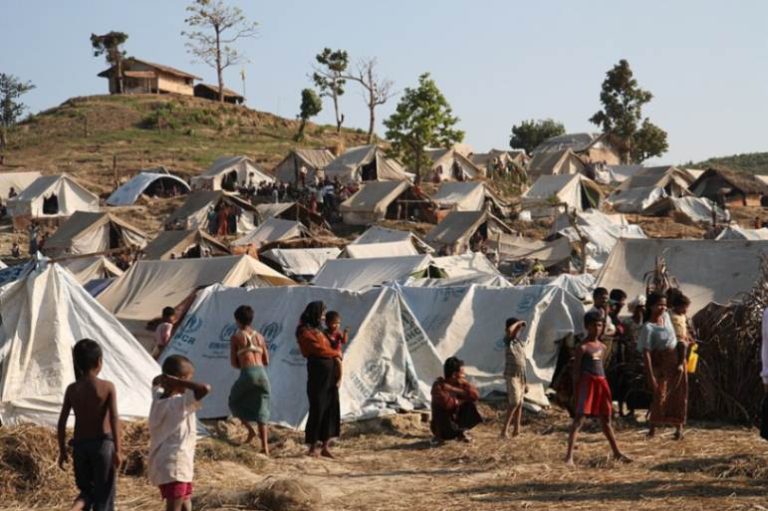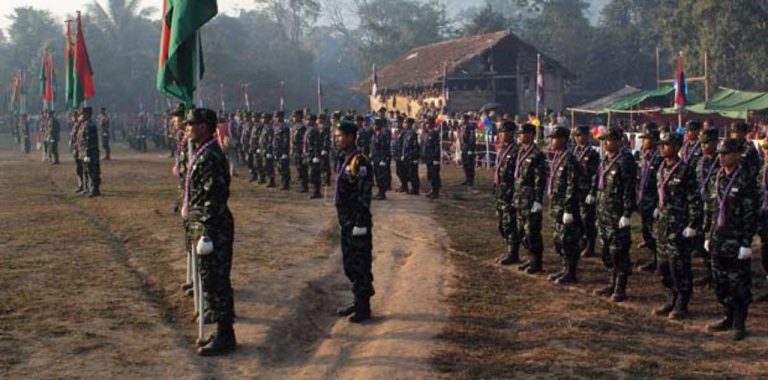
Sports diplomacy refers to the unique power of sport to bring people, nations, and communities closer together. It is a powerful tool for bridging cultural, political, and social divides. For instance, there are no similarities between Bangladesh and Argentina in terms of language and culture. Geographically, Argentina is located more than 17,000 kilometers away from Bangladesh. But this distance has melted away because of sports diplomacy following the Qatar World Cup.
It sounds surprising, but many football lovers in Bangladesh are Argentina fans. Maradona’s magical performance in the 1986 World Cup and his single-handedly leading Argentina to victory created obsessive passion among Bangladeshi football fans. Support for Argentina has been increasing at every World Cup since then. Decades later, Messi became the true successor to carry the legacy of Maradona. As a result, football fans in Bangladesh continued cheering for this Latin American country in every possible way.
During the Qatar World Cup, Bangladesh won a special place in the hearts of the Argentines. Thanks to Facebook, Twitter, and YouTube, the popularity of Argentine football in Bangladesh has come to the attention of the world, especially Argentines. Such an amount of devotion did not go unnoticed. Argentine people, meanwhile, have also reciprocated the love as they were seen in various social media posts waving the Bangladesh flag during their post-World Cup celebrations.
Bangladeshi football fans’ support for Argentina made headlines during the Qatar World Cup, bringing closer not only fans of the sport from both countries but also their governments. Argentina was among the first nations to recognize Bangladesh as an independent country. Bangladesh entered diplomatic relations with Argentina in 1972, and an embassy was set up in Dhaka in 1974. However, the South American government shut it down in 1978. Despite the embassy’s closure, culture, sports, football, and literature kept this relationship between Bangladesh and Argentina alive.
After winning the World Cup, Bangladesh’s PM Sheikh Hasina sent a congratulatory letter to Argentina’s government. In response, Argentina’s president, Alberto Fernández, thanked her and expressed strong interest in opening up an embassy in Dhaka, Bangladesh. On February 2023, Argentina reopened its embassy in Bangladesh’s capital, Dhaka, after 45 years of closure. Argentine Foreign Minister Santiago Andres Cafiero inaugurated the new embassy in the upscale area of Banani. Hopefully, the new embassy will bolster the existing relations between Dhaka and Buenos Aires.
The consequence of this mutual relationship has created a scope where many Argentines share information about Bangladesh. Goalkeeper of the World Cup-winning Argentine team Emiliano Martinez paid a courtesy call in Bangladesh in July. The Argentine Football Association (AFA) extended its best wishes to the Bangladesh cricket team before their ICC ODI World Cup 2023 opening match. They have also sent Eid greetings to their Bangladeshi ‘friends’ separately.
An opportunity has come to take the initiative to use Argentina in the development of football in Bangladesh. In August, Bangladesh National Team Captain Jamal Bhuyan signed with Argentine Club Sol de Mayo. Also, Bangladesh already signed a deal to allow Young Bangladeshi footballers to have training in Argentina. Similarly, Bangladesh can use the experience to popularize cricket in Latin America.
Argentina and Bangladesh have now agreed to strengthen and improve commercial and business ties further. Argentina can buy RMG products, high-quality pharmaceuticals, jute and jute goods, leather, and footwear items from Bangladesh. Besides the suggestions for the tourism industry, Bangladesh’s RMG industry exporting to Latin American countries can facilitate economic convenience. If the young generation of football-loving Argentina can be encouraged to use our products, Argentina, with a population of four and a half million, can be a major market for Bangladesh.
The agricultural sector, in particular, has a significant role in finding a scope that harmonizes the two countries’ landscapes and environments. Argentina exported $876 million worth of soybeans, soybean oil, wheat, and corn products to Bangladesh in 2021, up from $450m in 2020. On the other hand, Bangladesh exported only $17.5m worth of knitwear, non-knitwear, and textile footwear products to Argentina in 2020. Moreover, the bilateral trade between Bangladesh and Argentina was $765 million in 2022.
The extent of Bangladesh’s trade deficit with Argentina is easy to imagine. This deficiency can be filled by increasing inter-trade and mutual communication between the two countries. However, Bangladeshi products face tariffs ranging from 8% to 35% when entering the Argentine market. In addition, there are also barriers, such as anti-dumping policies.
Bangladesh and Argentina share a special bond that goes beyond politics and diplomacy. People of these two friendly nations are bonded by heart despite their geographical distance. By utilizing this human bond, both countries have created an opportunity to exchange products and knowledge in economic-social-cultural-diplomatic fields. In this regard, football has worked as a soft power that influenced the two countries to come close.
From football to friendship, associations among the countries’ trade and policy levels are strengthening as Bangladesh enters Latin America. Football is not just a form of sport but a global cultural phenomenon that can bring people closer to each other. It is hoped that Bangladesh and Argentina can be business and strategic allies in which mutual interests can develop a long-term partnership. Also, the Argentina-Bangladesh relationship can be an excellent example of cultural and diplomatic exchanges between people from two distant continents. This also proves that friendship knows no distance, as sports connect us all.




